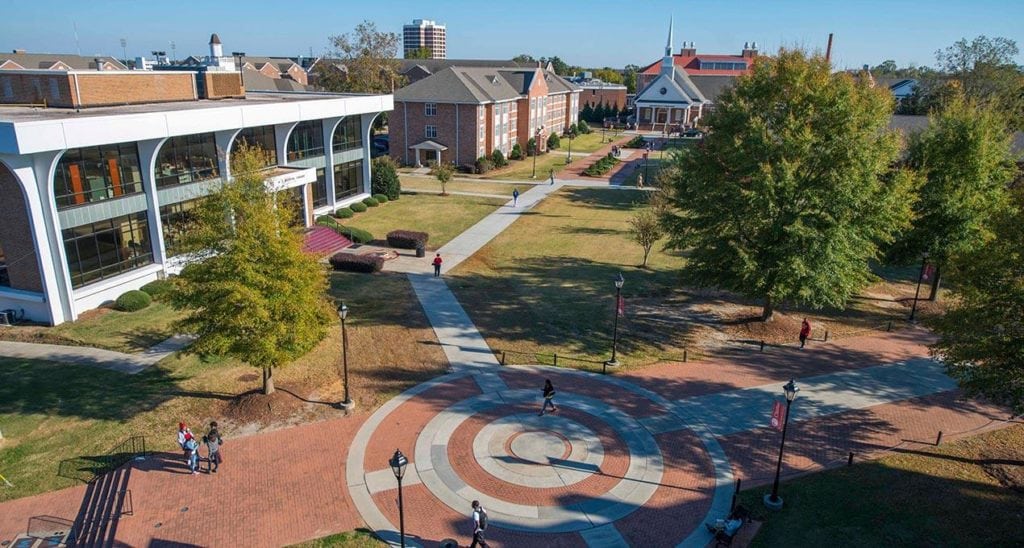Historically Black Colleges and Universities (HBCUs) have long been pillars of higher education for Black Americans, producing a significant portion of Black professionals in various fields. Despite their contributions, many HBCUs continue to grapple with chronic underfunding, particularly in states where they are designated as land-grant institutions. These financial disparities have hindered their ability to expand research capabilities, upgrade facilities, and provide comprehensive student support.
The Biden-Harris administration has made historic investments to address these challenges, allocating over $17 billion to HBCUs since 2021. This funding aims to support students through need-based grants, alleviate financial burdens, and enhance research opportunities. Notably, $1.3 billion was announced during the 2024 HBCU Week Conference, emphasizing the administration’s commitment to these institutions.

However, systemic issues persist. For instance, Lincoln University in Missouri has been shorted nearly $362 million in land-grant funding by 2020, reflecting broader patterns of inequity. Such disparities have prompted calls for increased state-level accountability and equitable resource distribution.
Despite financial hurdles, HBCUs continue to innovate and prepare students for the future. Initiatives include expanding broadband access, enhancing STEM programs, and fostering partnerships with federal agencies. These efforts aim to ensure that HBCUs remain competitive and continue to serve as vital engines of opportunity and advancement for Black communities.
As the nation moves forward, sustained investment and policy reforms are essential to empower HBCUs to fulfill their mission and contribute to a more equitable educational landscape.








